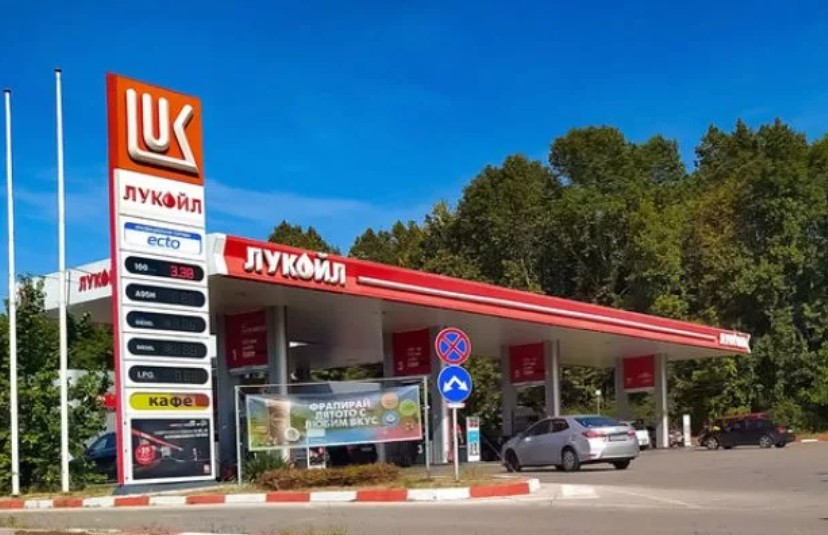The collapse of Russian oil major Lukoil’s €14 billion sale of its overseas assets to commodity trader Gunvor is reverberating across the Balkans, where the company’s refineries and fuel networks form a key part of several national economies.
Washington last week blocked the deal, citing new U.S. sanctions on Russia’s second-largest oil group and refusing to license what it called “the Kremlin’s puppet” Gunvor to operate Lukoil’s foreign units. Lukoil now faces the loss or forced divestment of international assets it spent decades building, raising the prospect of state takeovers in countries where it operates.
In southeastern Europe, the fallout is immediate. Bulgaria’s parliament has moved to seize control of the country’s sole refinery, owned by Lukoil Neftochim Burgas, which accounts for around 10 percent of GDP. Lawmakers last week banned exports of refined products and approved a fast-track bill allowing the state to appoint a manager to run or sell the plant.
Energy analyst and former Bulgarian ambassador to Moscow Ilian Vassilev said the step was “a logical conclusion” to months of tension between Sofia and the Russian group. “The priority is to keep the refinery running while Lukoil recognises it cannot continue under sanctions pressure,” he said.
In neighbouring Romania, Lukoil’s smaller refinery, which produces roughly a third of the country’s fuel, has also come under scrutiny. Energy Minister Bogdan Ivan said Bucharest was preparing measures to “protect jobs and secure energy stability” by taking control of local operations if necessary.
Further east, Moldova has offered to buy Lukoil’s jet-fuel facilities serving Chişinău’s airport and is seeking a temporary U.S. waiver to keep them open. “The company built such a vast and interconnected network that disentangling it will be chaotic,” said Adi Imsirovic, an energy scholar at Oxford University.
The blocked sale has deepened uncertainty for Lukoil, already hit harder than state-controlled Rosneft by Western restrictions. Analysts say the loss of its overseas holdings — worth at least €14 billion — would mark the biggest setback for a Russian firm since the first year of the Ukraine invasion.
Founded just before the Soviet Union’s collapse in 1991, Lukoil expanded aggressively abroad in the 2000s, buying refineries across Europe and fuel stations from the EU to the United States. Its operations in the Balkans have remained among the largest foreign investments in the region.
With foreign options closing and speculation mounting over a possible Rosneft takeover, Lukoil’s future now depends on how governments in southeastern Europe manage the assets it leaves behind.



